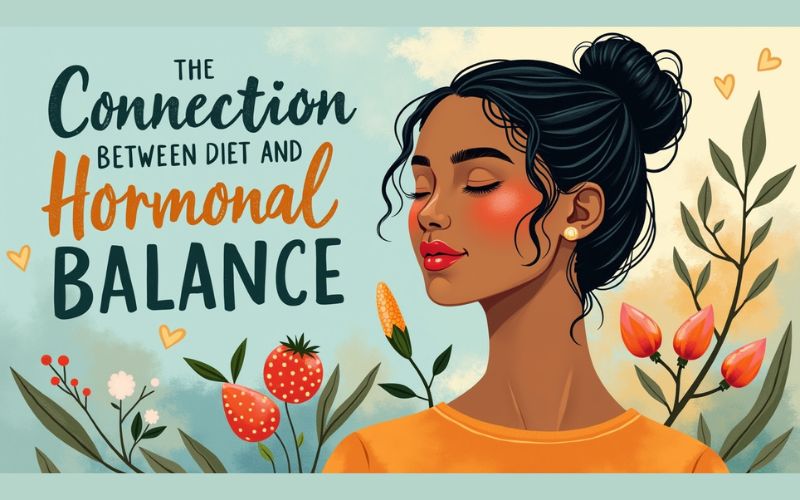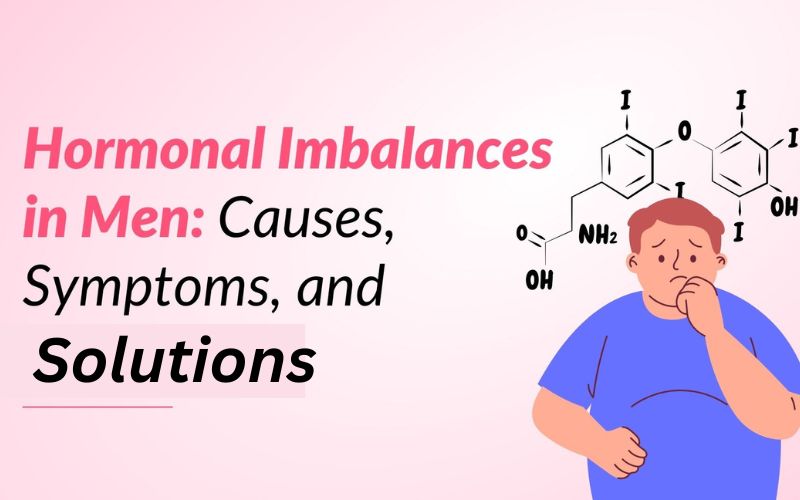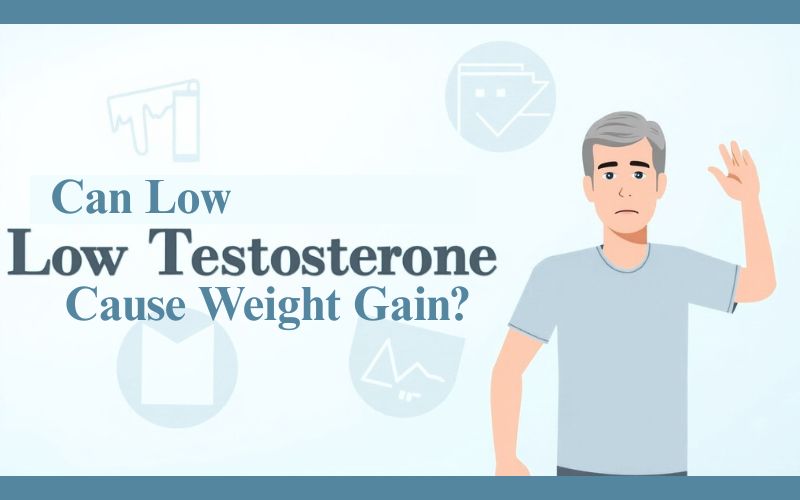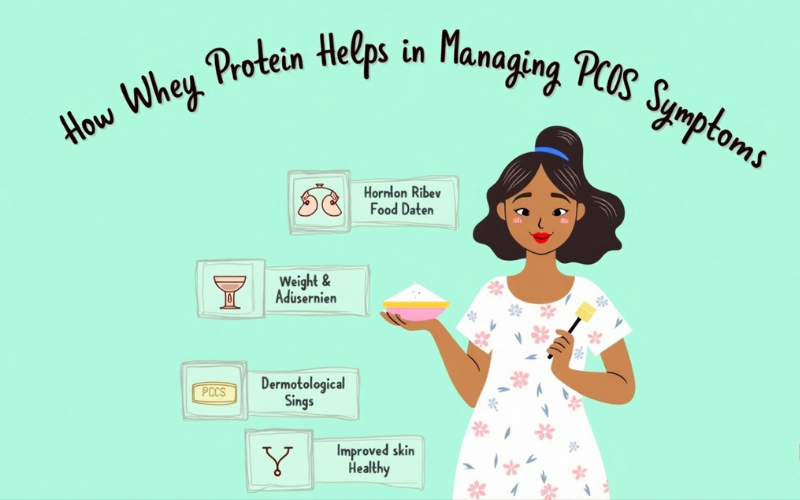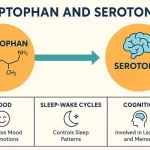Hormones are the body’s messengers, regulating everything from metabolism and sleep to mood and fertility. When balanced, they allow the body to perform at its best. But when disrupted, even slightly, the effects can show up as fatigue, weight gain, poor recovery, or stress. One of the most powerful tools for supporting hormones is diet. The foods we eat directly influence hormone production, balance, and function — making nutrition a critical part of long-term health.
Table of Contents
Understanding Hormonal Balance
Hormones are produced by the endocrine system, working like a network to keep processes such as growth, metabolism, and reproduction in harmony. Signs of imbalance include irregular cycles, mood changes, low energy, or even difficulty building muscle.
To build a strong foundation, many turn to essential formulas like those found in the multivitamin & minerals category, which support overall endocrine health.
How Diet Impacts Hormones
Every bite of food sends a signal to your hormones. Refined carbs and sugar cause sharp blood sugar spikes, putting stress on insulin, the hormone that regulates glucose. High caffeine and sugar intake can also raise cortisol, the stress hormone, while healthy fats play a key role in regulating estrogen and testosterone.
Athletes, in particular, experience stronger hormonal fluctuations under stress, which is why supplements from the strength & endurance range often work in tandem with a balanced diet.
Key Nutrients for Hormonal Health
Certain nutrients play a major role in maintaining hormonal stability:
- Omega-3 fatty acids: Support reproductive hormones and reduce inflammation.
- Magnesium & Vitamin B: Help regulate cortisol and stress responses.
- Protein & Amino Acids: Provide building blocks for hormone production.
A smart addition is omega-3 supplements, which improve hormone communication and support brain health.
Foods That Support Hormonal Balance
Whole foods are a natural and powerful way to keep hormones in check. Examples include:
- Leafy greens like spinach and kale to support estrogen detoxification.
- Nuts and seeds rich in zinc and selenium for testosterone and thyroid health.
- Fatty fish such as salmon for anti-inflammatory support.
- Whole grains and legumes to regulate insulin.
For those who struggle to meet protein needs, adding products from the whey protein range helps stabilize hormones related to muscle and recovery.
Supplements for Hormonal Support
Sometimes, diet alone may not provide sufficient nutrients. This is where supplements play a supportive role. Adaptogens such as ashwagandha lower cortisol, while vitamin blends balance energy and reproductive health.
For a more complete approach, Collagen Powder 165g Flavoured offers joint, skin, and hormonal support, making it a smart choice for both men and women.
Timing & Lifestyle Factors
When and how you eat has as much impact on hormones as what you eat. Balanced meals throughout the day help regulate insulin, while pairing carbs with protein or fats reduces hormonal crashes. Sleep, hydration, and stress management also influence hormone regulation.
For more detailed guidance on supplement timing, see our blog on the best time to take supplements.
Common Myths & Mistakes About Diet and Hormones
Hormonal health is often misunderstood, leading to mistakes such as:
- Myth: Cutting out fats balances hormones. Truth: healthy fats are essential for estrogen and testosterone production.
- Mistake: Relying heavily on sugar and caffeine, which cause stress on insulin and cortisol.
- Mistake: Choosing low-quality supplements.
To avoid pitfalls, always check our authenticity guide for safe supplement options.
Expert Tips for Long-Term Hormonal Health
Balancing hormones through diet is about consistency. Experts recommend:
- Prioritizing whole foods over restrictive diets.
- Supporting gut health, as the microbiome influences hormone regulation.
- Stacking supplements smartly: adaptogens, omega-3s, and protein for full-body support.
For a stronger immune and hormonal connection, insights from our blog on natural supplements to boost immunity show how diet and supplements work hand-in-hand.
Conclusion
The connection between diet and hormonal balance is undeniable. Every meal influences the way hormones function, impacting energy, recovery, and even mood. With the right balance of nutrient-rich foods and carefully chosen supplements, hormonal health can be supported naturally.
In 2025, building resilience means focusing on a foundation of authentic multivitamins, omega-3, protein, and collagen supplements that keep hormones balanced and performance optimized.














